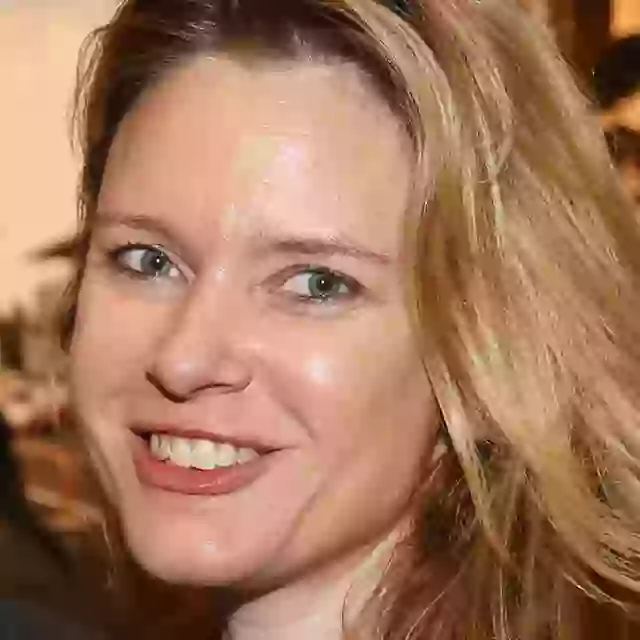In the gilded circles of Silicon Valley, Elon Musk has become a symbol of ambition, innovation, and disruption. But behind the legend of rocket launches and billion-dollar valuations lies a more intimate story—one less frequently told. It’s the story of a young woman, Justine Musk, who walked beside Elon through his meteoric rise and ultimately chose to walk away after a series of emotional revelations that culminated in a traumatic incident.
For years, Justine Wilson—an aspiring writer and Elon’s college sweetheart—played a silent but significant role in the background of the Musk empire. Yet, as she would later reveal, the glossy surface of her marriage masked deep fractures, emotional distance, and a growing sense of self-erasure. Her eventual decision to leave wasn’t a result of any singular betrayal or scandal, but rather a slow and painful realization of lost identity.
The Warning Signs: More Than Just a Car Crash
One of the pivotal moments Justine has publicly described came not in a courtroom or therapist’s office, but in a car accident. The crash itself was minor—physically, she was unhurt—but emotionally, it was the spark that ignited long-dormant fears.
Standing beside the wrecked vehicle, heart pounding, her first thought wasn’t about insurance or injury. Instead, she thought: “Elon is going to kill me.” It was a reflexive fear, not of physical harm, but of the disappointment and fury she anticipated. That moment became a symbol of everything that had gone wrong in her marriage: the fear of failure, the pressure to meet impossible standards, and the way love had morphed into performance.
In that moment of clarity, she realized that she had become a stranger to herself—living a life curated for someone else’s vision, not her own.
A Marriage Built on Control and Imbalance
Justine met Elon Musk while they were both attending Queen’s University in Ontario. She described him early on as intense, brilliant, and unusually confident. But it wasn’t until after they married in 2000 and Elon began to amass wealth through ventures like PayPal and later Tesla and SpaceX that the power dynamics shifted drastically.
Justine recalls that at their wedding, Elon leaned in and whispered: “I am the alpha in this relationship.” At the time, she brushed it off as a joke. But over the years, it became a chilling prophecy.
As Elon’s public persona grew, so did his expectations at home. Justine says she was encouraged to take on the role of a “trophy wife”—a supportive figure whose responsibilities were primarily aesthetic and maternal. She was asked to dye her hair platinum blonde. She was expected to host events, smile through it all, and put her writing career second to her husband’s ever-expanding empire.
“I buried my identity beneath his,” Justine once wrote in a widely circulated essay. “I ignored my instincts, allowed myself to become a secondary character in my own life.”
The Ultimatum and the Aftermath
When Justine finally confronted Elon about her unhappiness, it didn’t go the way she had hoped. She asked for counseling. They attended three sessions. Then Elon gave her an ultimatum: either they fix their marriage immediately or he would file for divorce.
The next morning, he followed through.
Their divorce in 2008 was public and painful, but for Justine, it was also liberating. She regained her voice, both personally and professionally. She resumed her writing career and became an advocate for women who find themselves lost in the shadows of powerful men.
In an interview years later, she reflected: “I had to learn that being married to a man of vision doesn’t mean abandoning your own.”
Parenthood and Co-Parenting
Elon and Justine shared six children—one of whom, tragically, passed away in infancy. Co-parenting after such a high-profile and emotionally charged divorce was never going to be easy. Justine has largely kept her children out of the public eye, choosing to focus on giving them a grounded upbringing while Elon became increasingly enmeshed in the public sphere.
One of their children, Vivian Jenna Wilson, made headlines when she legally changed her name and gender, publicly distancing herself from her father. Justine supported her daughter’s decision, reportedly expressing nothing but love and pride. Elon, by contrast, has expressed mixed and sometimes controversial views on gender identity, adding further complexity to their already fragmented family dynamic.
A Story of Reclamation
Justine’s story isn’t one of bitterness—it’s one of reclamation. While many associate her identity with her former husband’s fame, she has repeatedly asserted her own narrative. She has returned to writing, speaks openly about the psychological toll of living in someone else’s shadow, and has become a quiet voice of solidarity for women who feel similarly diminished in their relationships.
The traumatic moment that led to her divorce—the car crash—was more than a jarring memory. It was a metaphor for a life that had gone off course. In picking up the pieces, Justine didn’t just rebuild; she redefined herself.
Her story is a reminder that sometimes the most painful revelations are also the most necessary. That growth often comes not from invention or wealth, but from courage—the courage to leave, to speak, and to rediscover who you really are.











